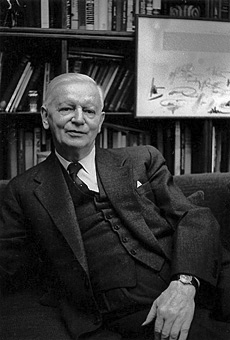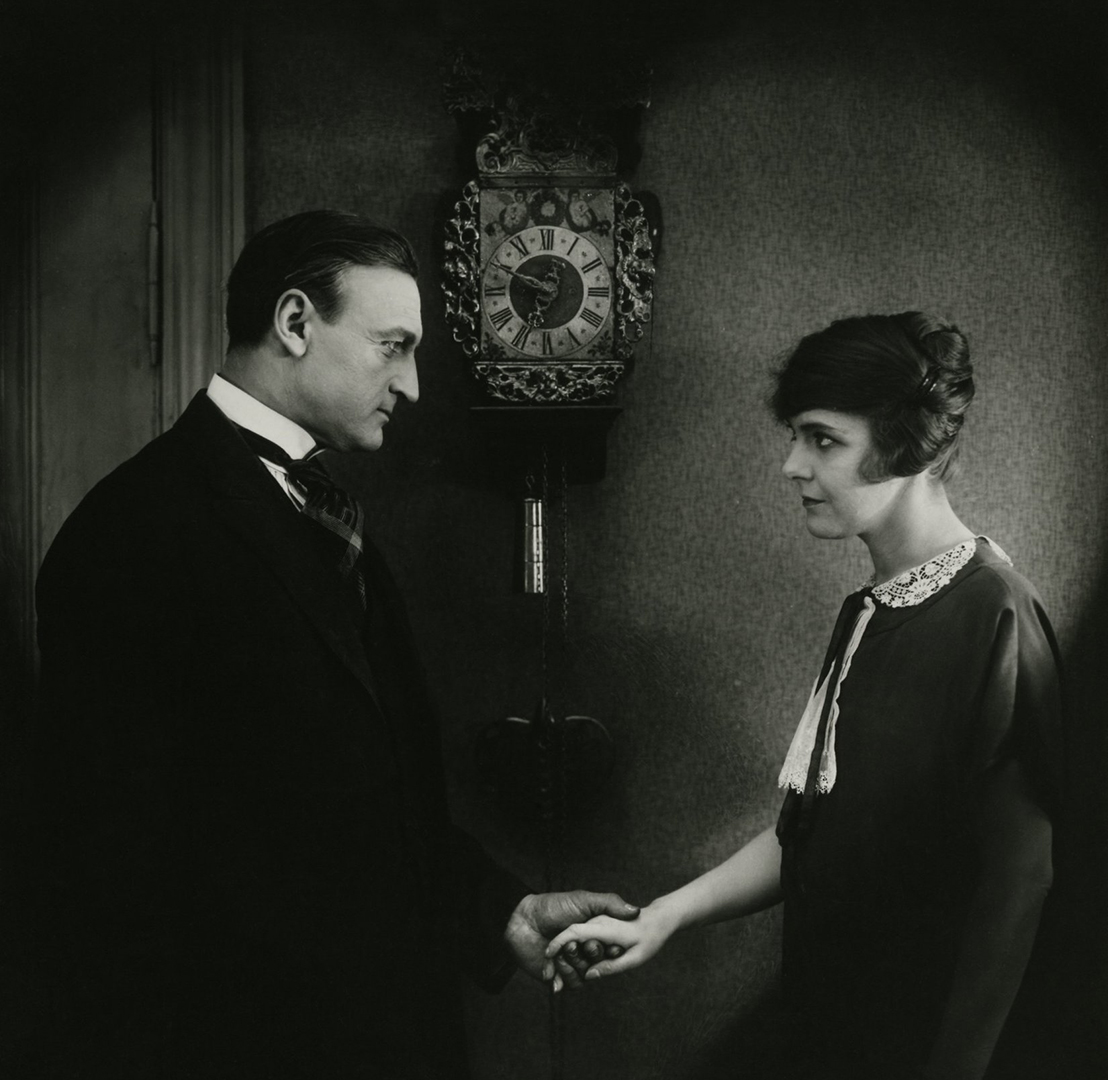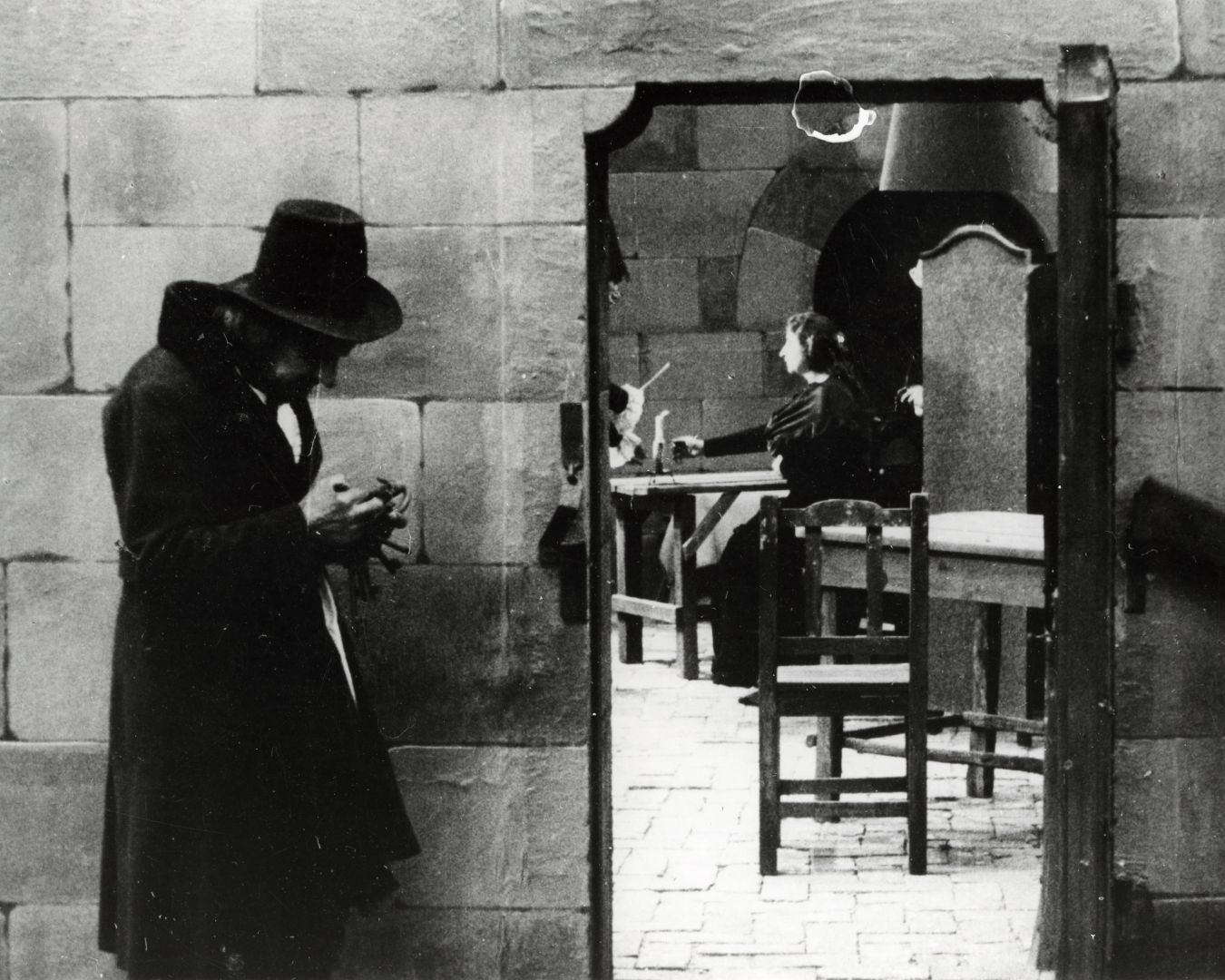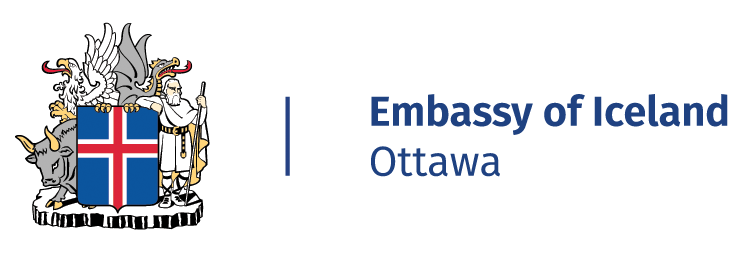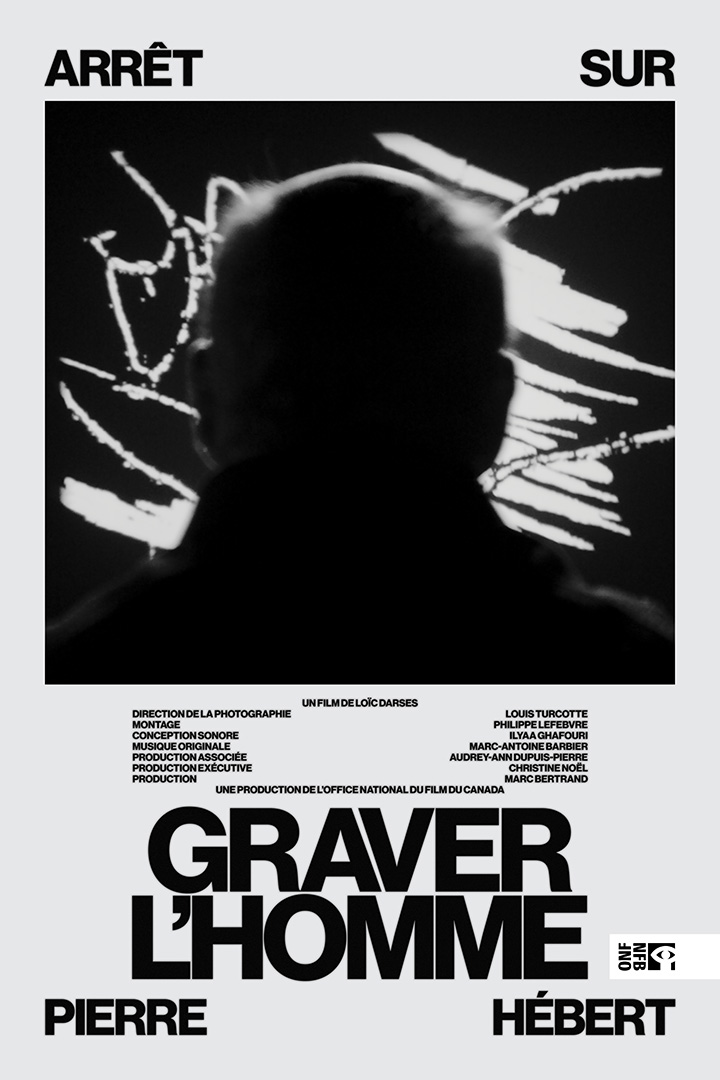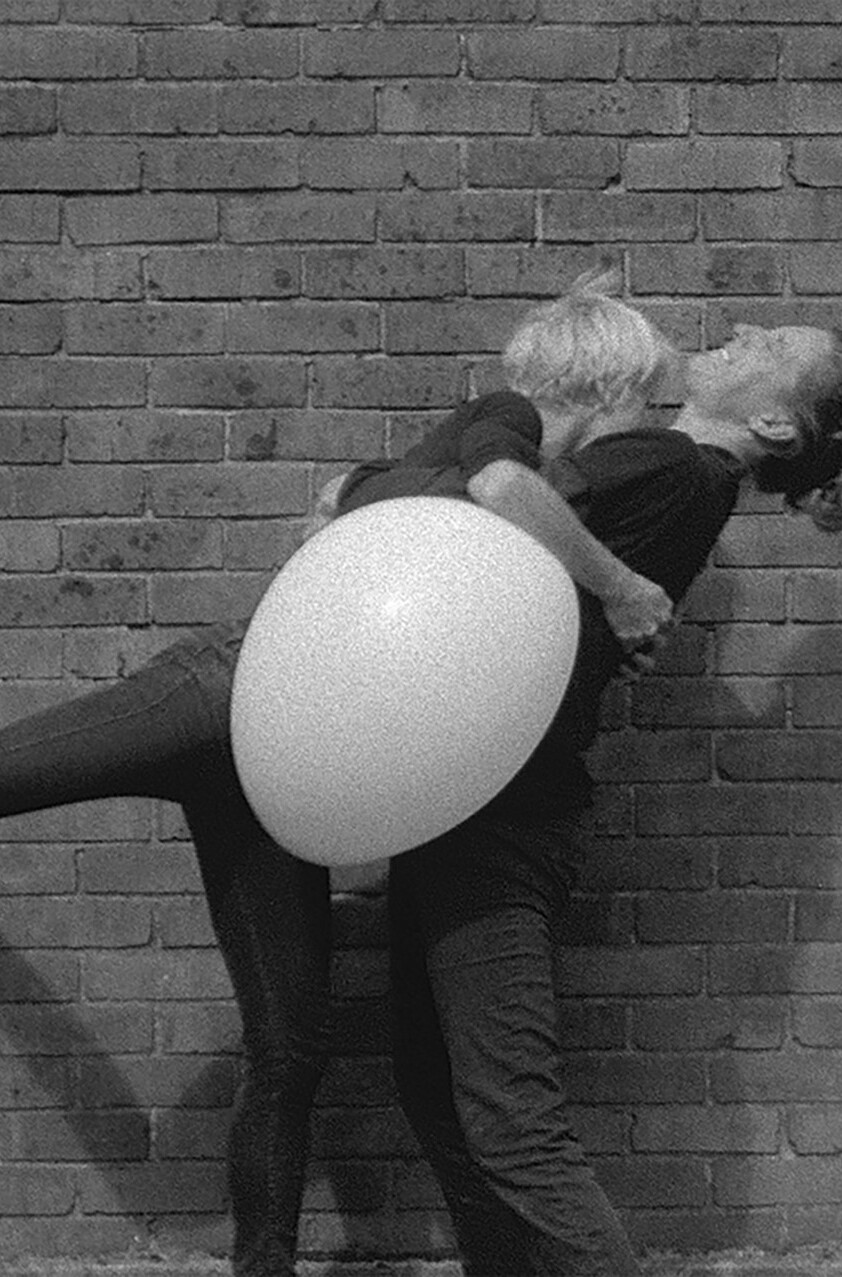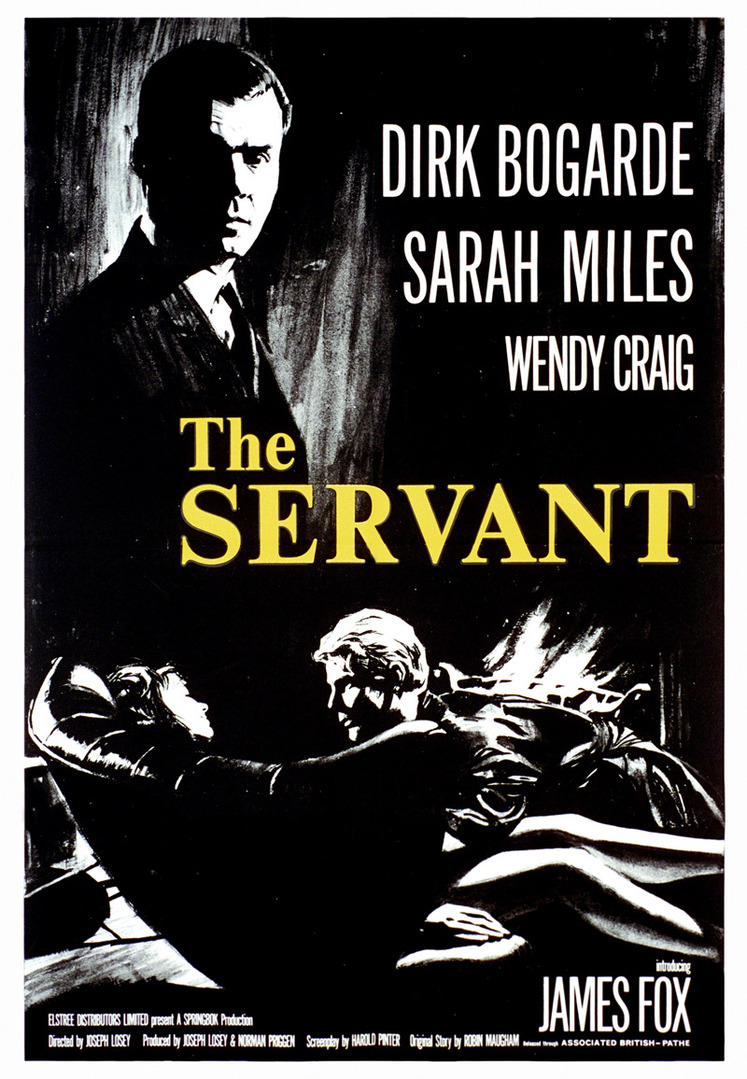Leaves from Satan's Book
For the 2024 edition of the festival, FIKA(S) and the Cinémathèque québécoise celebrate Icelandic cinema by presenting a retrospective of Rúnar Rúnarsson's works. With a population of 400,000 inhabitants, Iceland produces only around ten feature films annually. Nevertheless, since the 2010s, various Icelandic films characterized by great sensitivity have captured the audience's attention. Revealed with the short film The Last Farm, nominated for an Oscar in 2005, Rúnarsson has emerged in recent years as one of the key figures in this cinematic revival, with an intimate body of work revolving around the theme of attachment to the land, set against the backdrop of breathtaking volcanic landscapes. To mark the 5th edition of FIKA(S), we bring you three feature films directed by the filmmaker so far: Volcano (2011), Sparrows (2015), and Echo (2019).
At the piano: Gabriel Thibaudeau
In four episodes, we witness how Satan (Nissen), accursed by God, must walk the Earth and tempt men to do evil; he can only hope to be delivered from his curse if someone resists him, but few do.
Episode 1 tells the story of the betrayal of Jesus by Judas, enticed by Satan in the guise of a pharisee.
Episode 2 takes place in 16th-century Spain; Satan is a grand inquisitor, who manipulates a young, tormented monk into comitting an ugly rape.
Episode 3 takes place during the French Revolution; a young man who has the opportunity to save Marie Antoinette from the guillotine allows her to be executed, because she reminds him of a misdeed he was tempted to commit by Satan, now a Jacobin leader.
Episode 4 is set during the Finnish civil war in 1918. Here, Satan is a defrocked monk leading a bolshevik rabble. He threatens to kill the family of Siri, a telegraph operator, if she does not send a message luring the Whites into an ambush, but she resists and kills herself rather than turn traitor.
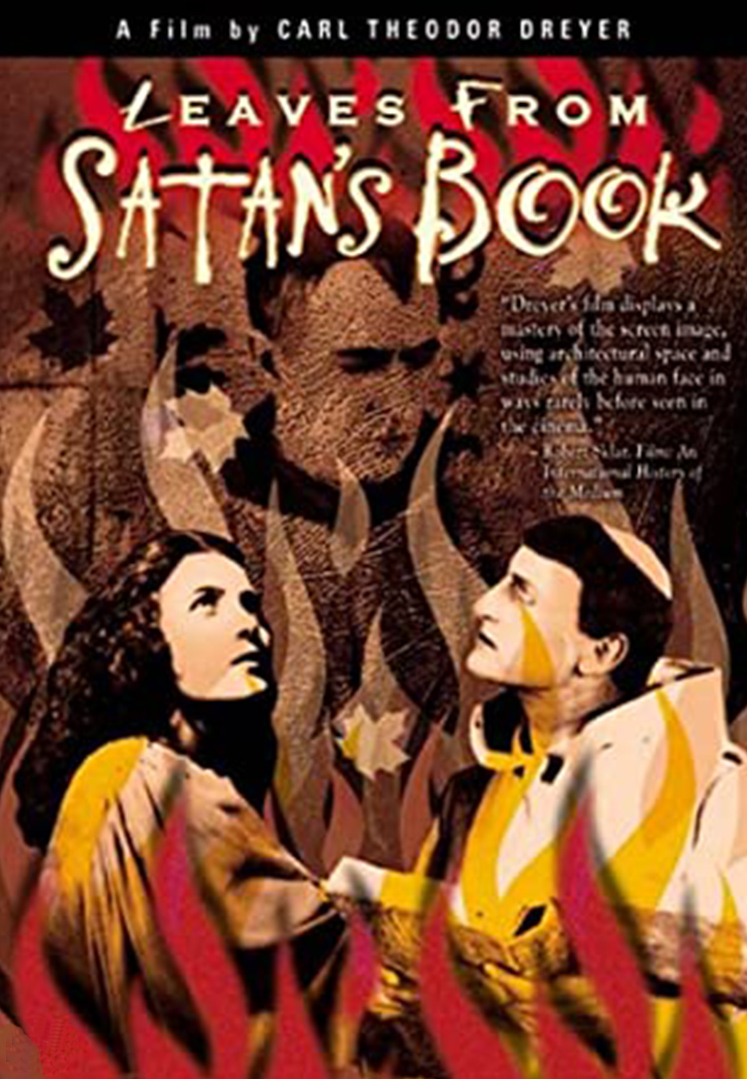
Carl Theodor Dreyer
Carl Theodor Dreyer (February 1889 – 20 March 1968) was a Danish film director. He is regarded by many critics and filmmakers as one of the greatest directors in the history of cinema. He also started the genre of scary public information films with They Caught the Ferry (1948). The Passion of Joan of Arc was considered to be one of the greatest movies of all time, renowned for its cinematography and use of close-ups. His other best known films include Michael (1924), Vampyr (1932), Day of Wrath (1943), Ordet (1955), and Gertrud (1964).
